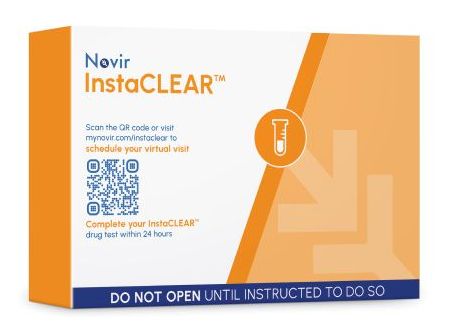Why Vitamin D levels Matter for Your Health
Vitamin D is not just a vitamin; it is a hormone that plays a critical role in various bodily functions. In fact, research suggests that at least 64 percent of Americans have low vitamin D levels, which can contribute to serious health conditions. These include Type 2 diabetes, infections, cardiovascular disease, autoimmune disorders, neurological diseases, low testosterone, and even certain types of cancer.
How Vitamin D Affects Your Body
A recent study in the Netherlands suggests that individuals aged 55 and older with low vitamin D levels may experience difficulty performing daily activities. Although the study highlights correlation rather than causation, it still underscores the importance of maintaining adequate vitamin D.
Moreover, Vitamin D plays a key role in bone health, immune function, and mental well-being. Consequently, a deficiency can lead to brittle bones, weakened immunity, and an increased risk of chronic diseases.
Our skin naturally produces Vitamin D when exposed to sunlight. However, in northern climates, people need to spend a lot of time outside during midday without sunscreen and with significant skin exposure. Since most people do not get enough sun exposure, supplementation becomes necessary.
The Benefits of Maintaining Healthy Vitamin D Levels
Research shows that optimal vitamin D level provide several health benefits, including:
-
- Reducing blood pressure in African Americans
- Preventing osteoporosis
- Improving longevity in adults over 55
- Protecting against heart attacks and strokes
- Preventing brain and memory decline
- Easing symptoms of multiple sclerosis
It has been well established that individuals with darker skin require more sun exposure to produce Vitamin D. Because melanin protects against the sun’s rays, it also reduces the skin’s ability to synthesize Vitamin D. Therefore, people with darker complexions may need to rely on supplements to maintain healthy vitamin D levels.
While getting enough Vitamin D is crucial, excessive intake can lead to toxicity. This is why monitoring your vitamin D level is essential. The easiest way to track them is through an affordable blood test or by including it in a wellness panel. By doing so, you can ensure you are getting the right amount for optimal health.
Conclusion
Maintaining healthy levels of this essential nutrient is essential for overall well-being. Since many people do not get enough sun exposure, taking a supplement can help prevent deficiencies and reduce the risk of various diseases. Additionally, regular testing can help you maintain the right balance, ensuring you reap all the benefits without the risks of over-supplementation.
If you want to check your vitamin D levels, consider getting a vitamin D test to ensure you maintain optimal health.


